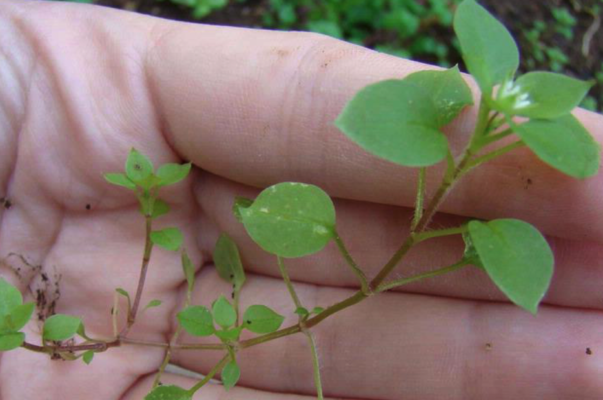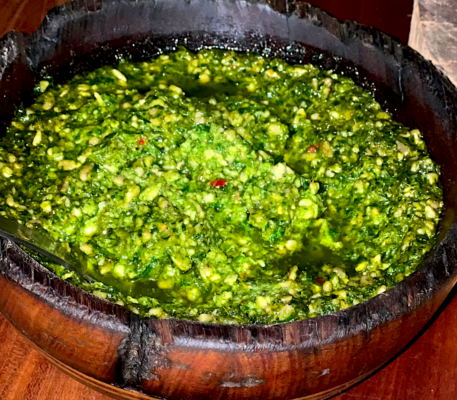Chickweed
Are you looking for a fun and tasty way to add some variety to your diet? Look no further than chickweed! This delicious and nutritious plant has been used for centuries as a medicinal herb and food source. In this blog post, we’ll explore the many benefits of eating chickweed, how to identify the plant, when to harvest it, and its medicinal uses.
First off, let’s talk about the benefits of chickweed. This humble little plant is packed with vitamins and minerals, including vitamin C, calcium, potassium, and iron. It’s also high in antioxidants, which can help protect your cells from damage caused by free radicals. Chickweed is also a good source of fibre, which can help keep you feeling full and satisfied.
Now, let’s talk about how to identify chickweed. This plant is a small, low-growing herb that typically has small, white, star-shaped flowers. Its leaves are oval-shaped, and they grow in pairs along the stem. Chickweed is also known for its distinctive taste, which is slightly sweet and nutty.

When it comes to harvesting chickweed, the best time to do so is in the spring and early summer, when the plant is at its most tender. To harvest chickweed, simply pluck the leaves and flowers from the stem and rinse them thoroughly in cool water.
So, what can you do with all that delicious chickweed? One of the most popular ways to eat chickweed is to add it to salads or sandwiches for a fresh, crunchy texture. You can also use chickweed to make pesto, soup, or even stir-fry. And if you’re feeling adventurous, you can try adding chickweed to your smoothies for an extra boost of nutrition but my favourite go to is a pesto I refer to as Carpark Pesto. You can download the recipe here.

But chickweed isn’t just a tasty addition to your meals—it also has a number of medicinal uses. Traditionally, chickweed has been used to soothe skin irritations, including itching, rashes, and eczema. It’s also been used to treat respiratory infections, such as coughs and bronchitis. And because of its anti-inflammatory properties, chickweed may even be helpful in reducing pain and inflammation in the body.
In conclusion, chickweed is a versatile and nutritious plant that offers a range of health benefits. So next time you’re out foraging or perusing the farmer’s market, be sure to keep an eye out for this tasty little herb. Your taste buds—and your body—will thank you!
